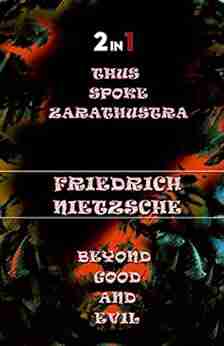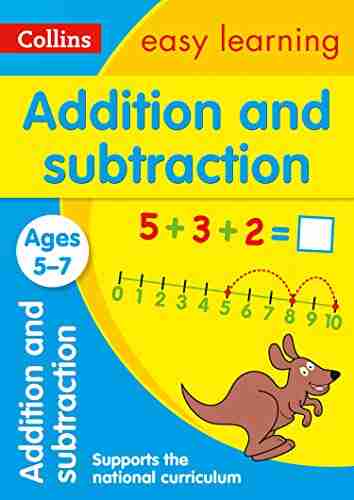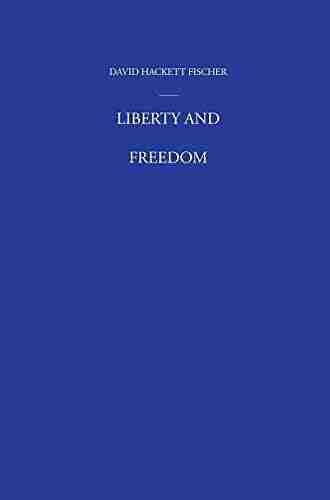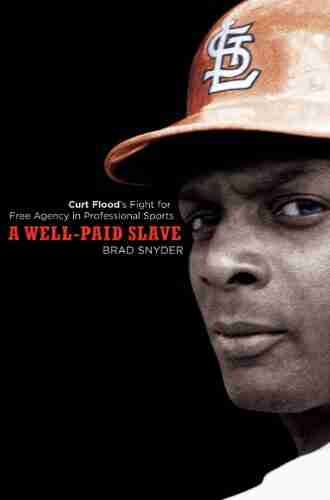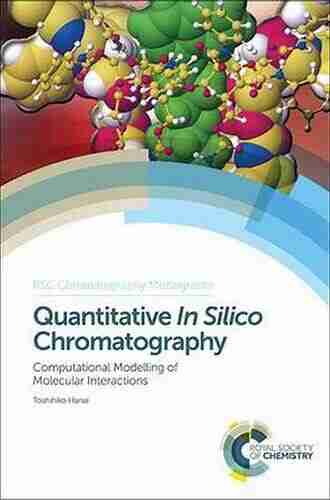



















Do you want to contribute by writing guest posts on this blog?
Please contact us and send us a resume of previous articles that you have written.
Unveiling Nietzsche's Masterpieces: Thus Spoke Zarathustra and Beyond Good and Evil

When it comes to Friedrich Nietzsche's works, two of his most influential and thought-provoking books stand out: "Thus Spoke Zarathustra" and "Beyond Good and Evil." These literary masterpieces delve deep into Nietzsche's philosophy, exploring various themes and ideas that challenge conventional wisdom and inspire introspection. Through this article, we embark on a journey into the fascinating world of Nietzschean thought, encountering profound perspectives that have shaped intellectual discourse for generations.
Thus Spoke Zarathustra: The Superman and the Eternal Recurrence
In "Thus Spoke Zarathustra," Nietzsche presents his most famous character: Zarathustra, who descends from his isolation in the mountains to share his wisdom with humanity. This epic philosophical novel reflects Nietzsche's exploration of the concept of the Übermensch (Superman) and the eternal recurrence.
The concept of the Übermensch revolves around the idea of transcending traditional morality and embracing individual strength and creativity. Nietzsche believed that mankind should strive to overcome their limitations, surpassing the herd mentality and becoming masters of their own destiny. The Übermensch embodies these qualities, and Zarathustra serves as the prophet who breaks the chains of nihilism and paves the way for human self-actualization.
Additionally, Nietzsche introduces the notion of eternal recurrence, suggesting that life and all its events shall repeat indefinitely. This concept challenges individuals to embrace existence fully, as every decision and action would be eternalized in an eternal cycle. By accepting the eternal recurrence, one is encouraged to live authentically and pursue a life that they would willingly relive over and over again.
Beyond Good and Evil: Confronting Morality and Truth
In "Beyond Good and Evil," Nietzsche scrutinizes traditional notions of morality, challenging established beliefs and dichotomies. This work carries a critical tone, as Nietzsche argues that moral principles are subjective and often used as tools of power and control.
One of the prevailing themes in this book is the reevaluation of values. Nietzsche dares us to question the inherent goodness or badness of certain actions, pushing us to adopt an individualistic stance when it comes to determining what is truly right or wrong. He encourages a critical examination of moral systems, urging us to break free from societal constraints and develop our own moral compass.
Nietzsche also critiques the dichotomy of good and evil, arguing that such moral dualism only restricts personal growth and inhibits the exploration of self. Instead, he proposes the concept of "will to power," which refers to the natural drive within individuals to assert their strength and exert control over their own lives.
The Influence and Legacy of Nietzsche's Works
Both "Thus Spoke Zarathustra" and "Beyond Good and Evil" have had a profound impact on philosophy, literature, and various fields of study. Nietzsche's exploration of existential themes, his critique of morality, and his call for individual empowerment continue to captivate and provoke intellectual discourse even to this day.
Moreover, Nietzsche's writings have inspired subsequent generations of philosophers, psychologists, and artists, each interpreting his ideas through their own unique lenses. His philosophies have influenced the existentialist movement, the development of psychological studies on power, and the exploration of the human condition.
: A Provocative Journey of Self-Reflection
Friedrich Nietzsche's "Thus Spoke Zarathustra" and "Beyond Good and Evil" provide us with profound insights into the complexities of human existence, morality, and personal empowerment. Through these works, Nietzsche challenges us to question societal norms, embrace our individuality, and consider the eternal recurrence of our actions.
The legacy of Nietzsche's ideas and concepts continues to shape contemporary philosophical thought, reminding us to explore beyond the confines of traditional morality and societal expectations. Delving into Nietzsche's masterpieces is an invitation to embark on a transformative journey of self-reflection, leading to personal growth, intellectual stimulation, and a deeper understanding of the complexities of the world we inhabit.
Thus Spoke Zarathustra: Friedrich Nietzsche's most accessible and influential philosophical work, misquoted, misrepresented, brilliantly original and enormously influential.
Thus Spoke Zarathustra: A Book for All and None (German: Also sprach Zarathustra: Ein Buch für Alle und Keinen, also translated as Thus Spake Zarathustra) is a philosophical novel by German philosopher Friedrich Nietzsche, composed in four parts written and published between 1883 and 1885. Much of the work deals with ideas such as the "eternal recurrence of the same," the parable on the "death of God," and the "prophecy" of the Übermensch, which were first introduced in The Gay Science. Nietzsche himself considered Zarathustra to be his magnum opus.
One of the most influential and popular works of Nietzsche, thus spoke zarathustra was an inspiration for many. Intense and insightful, this philosophical novel remains a literary masterpiece.
Beyond Good and Evil: Prelude to a Philosophy of the Future is a book by philosopher Friedrich Nietzsche that expands the ideas of his previous work Thus Spoke Zarathustra with a more critical and polemical approach. It was first published in 1886.
In Beyond Good and Evil, Nietzsche accuses past philosophers of lacking critical sense and blindly accepting dogmatic premises in their consideration of morality. Specifically, he accuses them of founding grand metaphysical systems upon the faith that the good man is the opposite of the evil man, rather than just a different expression of the same basic impulses that find more direct expression in the evil man.
The book is divided into 9 sections that include 296 aphorisms. Written in a critical and witty style, the novel throws light upon the diverse aspects of the modern world that include religion, morality, free spirit, power of the will, virtues and nobility.
The ideas in Beyond Good and Evil should be examined by anyone who has an interest in ethics, and they are essential reading for those who would learn about meta-ethics. Even when readers may find Nietzsche to be wrong in their estimate, this work still casts light onto areas that seldom otherwise get examined.

 Calvin Fisher
Calvin FisherThe Most Insightful and Liberating Experiences Found in...
When it comes to expanding our...

 D'Angelo Carter
D'Angelo CarterDax To The Max Imagination: Unlock the Power of...
Welcome to the world of Dax To...

 Chris Coleman
Chris ColemanThe Hidden Case of Ewan Forbes: Uncovering the Mystery...
Ewan Forbes: a...

 Morris Carter
Morris CarterWhen Newport Beat New Zealand: A Historic Rugby Upset
The rivalry between Newport and New Zealand...

 David Mitchell
David MitchellThe Soul of an Astronomer: Women of Spirit
Astronomy, the study of...

 Ethan Gray
Ethan GrayThe Military Origins Of The Republic 1763-1789
When we think about the birth of the...

 Guy Powell
Guy PowellRPO System for 10 and 11 Personnel: Durell Fain
When it comes to...

 Evan Hayes
Evan HayesMadness: The Ten Most Memorable NCAA Basketball Finals
College basketball fans eagerly await the...

 Jorge Amado
Jorge AmadoDiscover the Magic of Polish: English First 100 Words,...
Are you ready to embark on a linguistic...

 Shaun Nelson
Shaun NelsonUnlock the Secrets of Edwidge Danticat's Breath, Eyes,...
Are you delving into the world...

 Walt Whitman
Walt Whitman300 Years Liechtenstein: The Birth of Fish Out of Water...
Once upon a time, in the...

 Jaden Cox
Jaden CoxExploring the Legendary Surfers of Early Surfing in the...
Surfing, a sport...
Light bulbAdvertise smarter! Our strategic ad space ensures maximum exposure. Reserve your spot today!

 Chandler WardExperience the Awe-inspiring Beauty of the Himalayas with the Shangrila Lake...
Chandler WardExperience the Awe-inspiring Beauty of the Himalayas with the Shangrila Lake...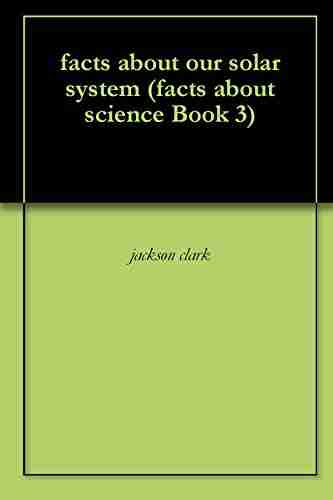
 Darnell MitchellThe Ultimate Guide to Fascinating Facts About Our Solar System and the...
Darnell MitchellThe Ultimate Guide to Fascinating Facts About Our Solar System and the...
 Fletcher MitchellFalcon In The Glass Susan Fletcher: A Captivating Tale of Art and Adventure
Fletcher MitchellFalcon In The Glass Susan Fletcher: A Captivating Tale of Art and Adventure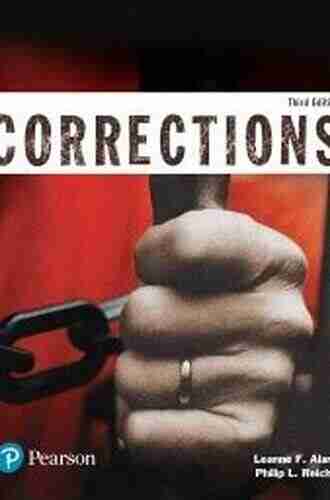
 Cole PowellDownload the Corrections: The Justice Series Now and Get Ready for an Intense...
Cole PowellDownload the Corrections: The Justice Series Now and Get Ready for an Intense... Morris CarterFollow ·15.5k
Morris CarterFollow ·15.5k August HayesFollow ·11.7k
August HayesFollow ·11.7k Mikhail BulgakovFollow ·16.4k
Mikhail BulgakovFollow ·16.4k Rudyard KiplingFollow ·5.4k
Rudyard KiplingFollow ·5.4k Billy PetersonFollow ·2.6k
Billy PetersonFollow ·2.6k Juan RulfoFollow ·6.3k
Juan RulfoFollow ·6.3k Vincent MitchellFollow ·13.2k
Vincent MitchellFollow ·13.2k Ismael HayesFollow ·3.1k
Ismael HayesFollow ·3.1k


